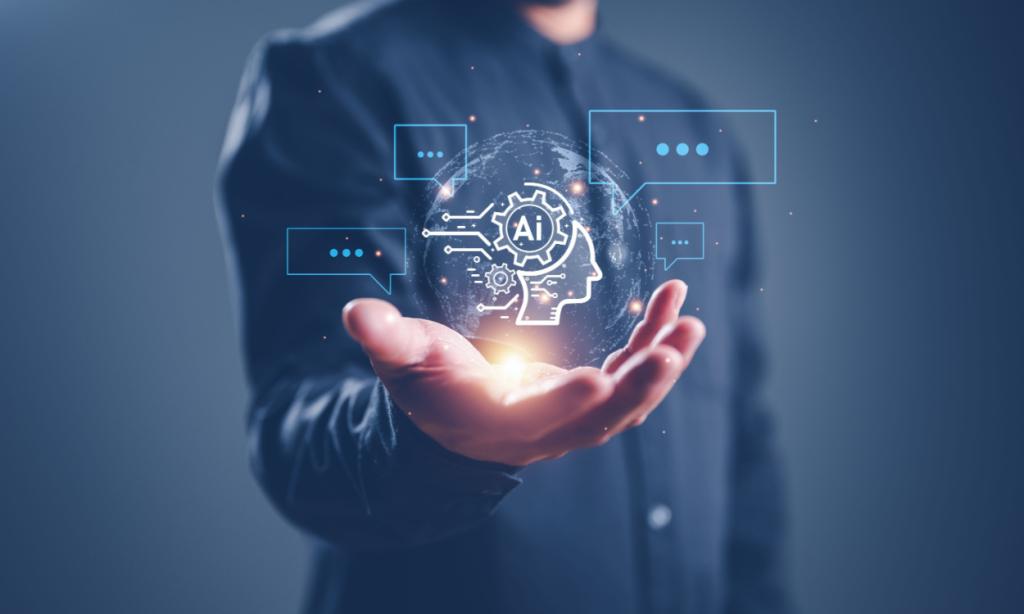
A current Massachusetts Institute of Know-how (MIT) examine sheds mild on the practical timeline for AI to exchange human jobs, indicating that the fears of an imminent robotic takeover could also be untimely. The examine, titled “Past AI Publicity: Which Duties are Price-Efficient to Automate with Pc Imaginative and prescient” performed by 5 MIT researchers, targeted on duties appropriate for AI, resembling these carried out by lecturers, property appraisers, and bakers.
The examine additional reveals that opposite to widespread issues, solely 23% of employees’ wages for these jobs may very well be cost-effectively changed by AI. Even with a 50% annual price lower, the researchers predict it’s going to take till 2026 earlier than half of the imaginative and prescient duties obtain a machine financial benefit. They anticipate that jobs favoring human labor will persist even till 2042.

Funded by the MIT-IBM Watson AI Lab, the examine gathered info by on-line surveys overlaying 1,000 “visible inspection” duties, resembling inspecting meals to see whether or not it’s gone unhealthy throughout 800 occupations. They found that presently, solely 3% of those duties are economically automatable, however the researchers recommend this determine may rise to 40% by 2030, contingent on decrease knowledge prices and accuracy enhancements.
Why AI Gained’t Steal Your Job Quickly
The examine emphasizes that the know-how behind AI whereas excelling in sample recognition and picture evaluation, comes with substantial set up and upkeep prices. In lots of cases, counting on human expertise and instinct stays a more cost effective possibility. Furthermore, AI faces an influence consumption problem, and corporations are grappling with the complexities of AI system implementation.
Crucially, the examine underscores that AI, pushed by statistical and symbolic reasoning, lacks the depth of human acutely aware and unconscious thought processes. Duties requiring instinct, intestine feeling, and implicit information, integral to human essential considering and emotional intelligence, proceed to withstand automation. These qualities stay irreplaceable within the evolving job market.
Whereas acknowledging the influence of AI on varied industries like banking, advertising, retail, authorized companies, transportation, and healthcare, the examine concludes that almost all jobs are vulnerable however not instantly vulnerable to automation. A 2023 report from Goldman Sachs estimates that round 18% of world work, roughly 300 million jobs, may very well be affected by generative AI. The MIT examine acknowledges that developments in AI, resembling enhanced knowledge effectivity and accuracy, have the potential to spice up its automation capabilities sooner or later considerably.
However as of now, the “AI will steal our jobs” narrative appears fairly exaggerated.


